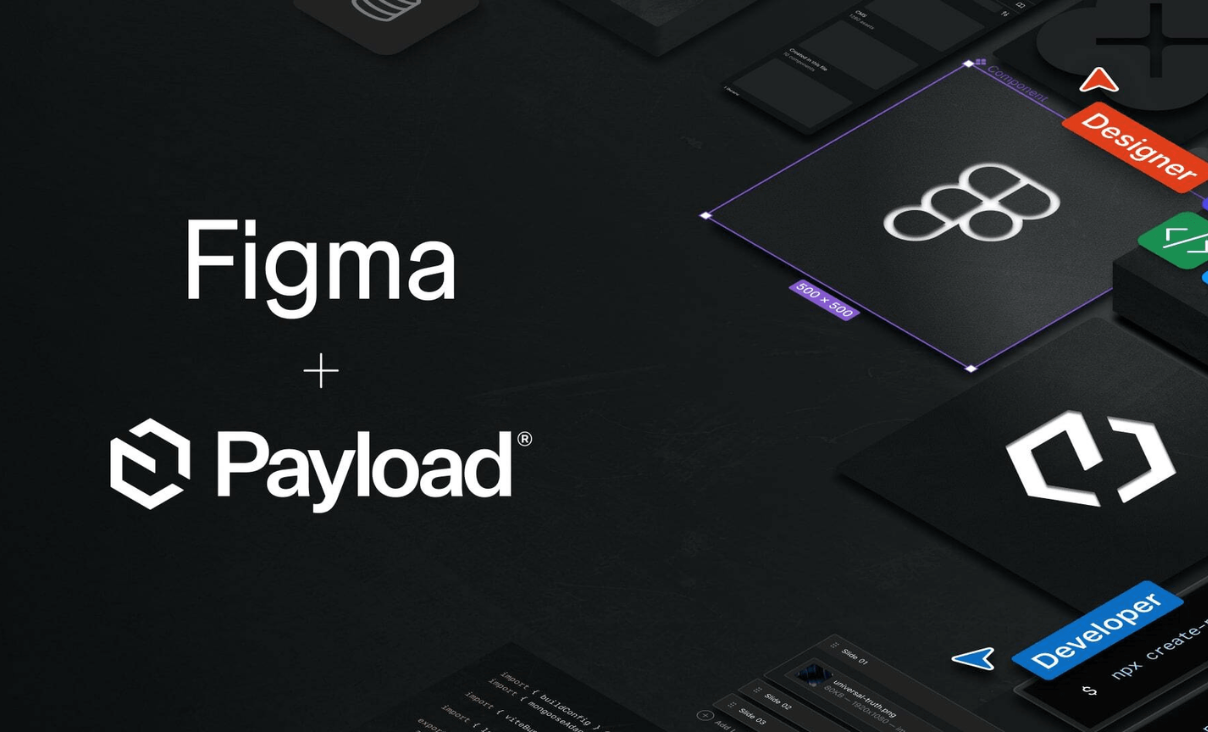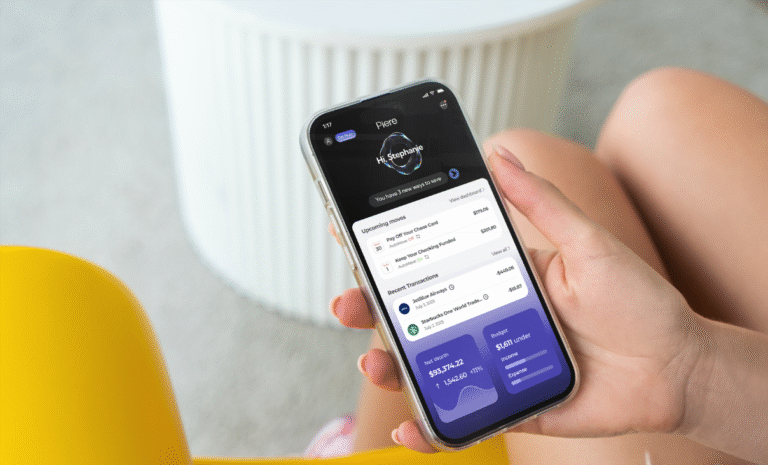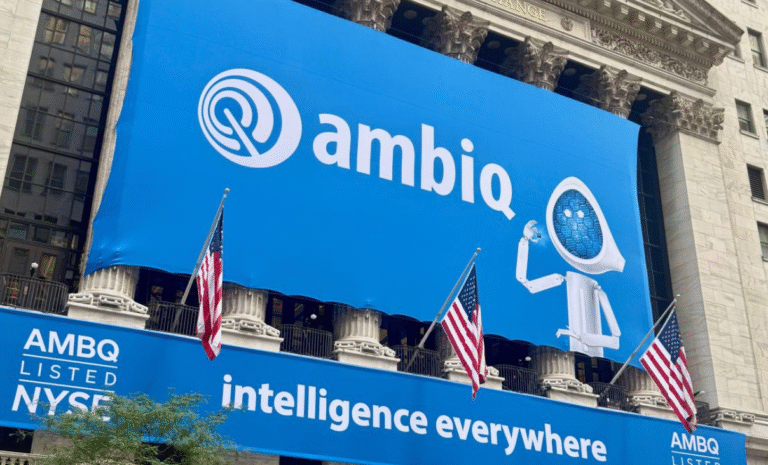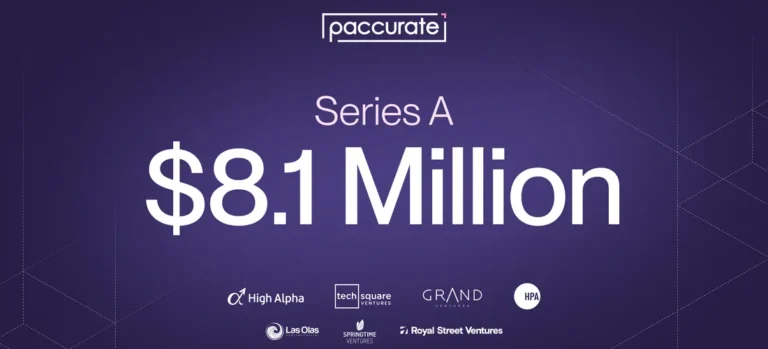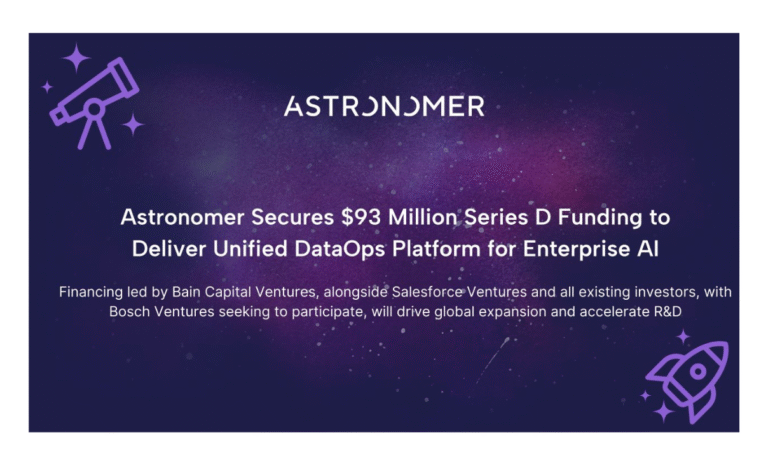From Payload to Figma: A Journey of Bold Vision and Open Source Execution
Congratulations to James Mikrut and the Team on Payload’s Acquisition by Figma
HUGE congrats to James Mikrut, Elliot DeNolf, Dan Ribbens, and the entire team at Payload on yesterday’s announcement that Figma has acquired Payload.
We first met James and Payload in late 2021. It didn’t hurt that we shared the same zip code with the Payload team here in Grand Rapids. At the time, Payload was a 3 person team with no revenue, no commercial product, and a somewhat distant monetization plan. What they did have was one of the most thoughtfully architected open-source CMSs we’ve seen — with a developer-centric experience that felt like it came from the future.
Initially, James was building Payload for himself. James wasn’t just the founder — he was Payload’s first user. A designer-turned-developer frustrated by the limitations of off-the-shelf CMS tools. So he did what great founders do: he built what he wished existed.
We joined Gradiant in Payload’s pre-seed round in 2022 because we believed in James and his vision for a modern, API-native headless CMS that actually respected developers. We knew if he could get the product into the hands of engineers, the community would do the rest. And they did.
Over the past three years, Payload has quietly become a go-to tool for developers who want full control over their content layer without the overhead of legacy systems like WordPress, Drupal, etc. Open source adoption skyrocketed, hitting 35,000 GitHub stars just this week. Agencies started standardizing on it. Founders started building companies on top of it. Large Enterprise rapidly adopted it. Over time, many of Payload’s customers began to use Payload more as an application framework than a CMS.

The Payload team played it smart. They built in public, avoided hype, and ran the company in a very capital efficient manner. Jame’s focus never wavered from product and community. That discipline — combined with a deep respect for the craft — is what made Payload so attractive to Figma.
Figma has long been the gold standard for design tooling. With the acquisition of Payload, Figma now has a best-in-class content platform built by a team that designed Payload with an understanding of both design and development. It’s a perfect match.
This outcome also represents another proof point for our broader investment thesis at Grand Ventures: backing opinionated founders building in the open. We’ve long believed that Commercial Open Source (COSS) startups — when executed well — deliver the kind of bottom-up adoption, developer love, and capital efficiency that few other models can match. Payload joins a growing list of our open source investments, including Astronomer, Tembo, Traceloop, and Comp AI.
PS: For founders, deciphering the commercial viability of open-source projects presents a formidable challenge. If you are a founder and think your OSS project has what it takes to become a venture-scale startup, drop me a note at nathan@grandvcp.com and let’s chat. We’ve walked this path many times with companies that have successfully made the journey.
Nathan Owen
Partner, Grand Ventures
